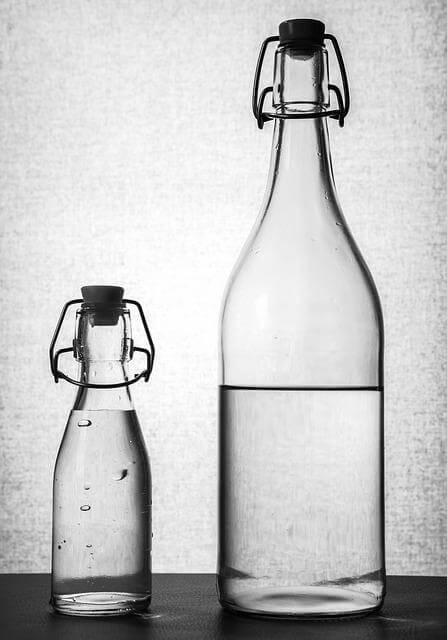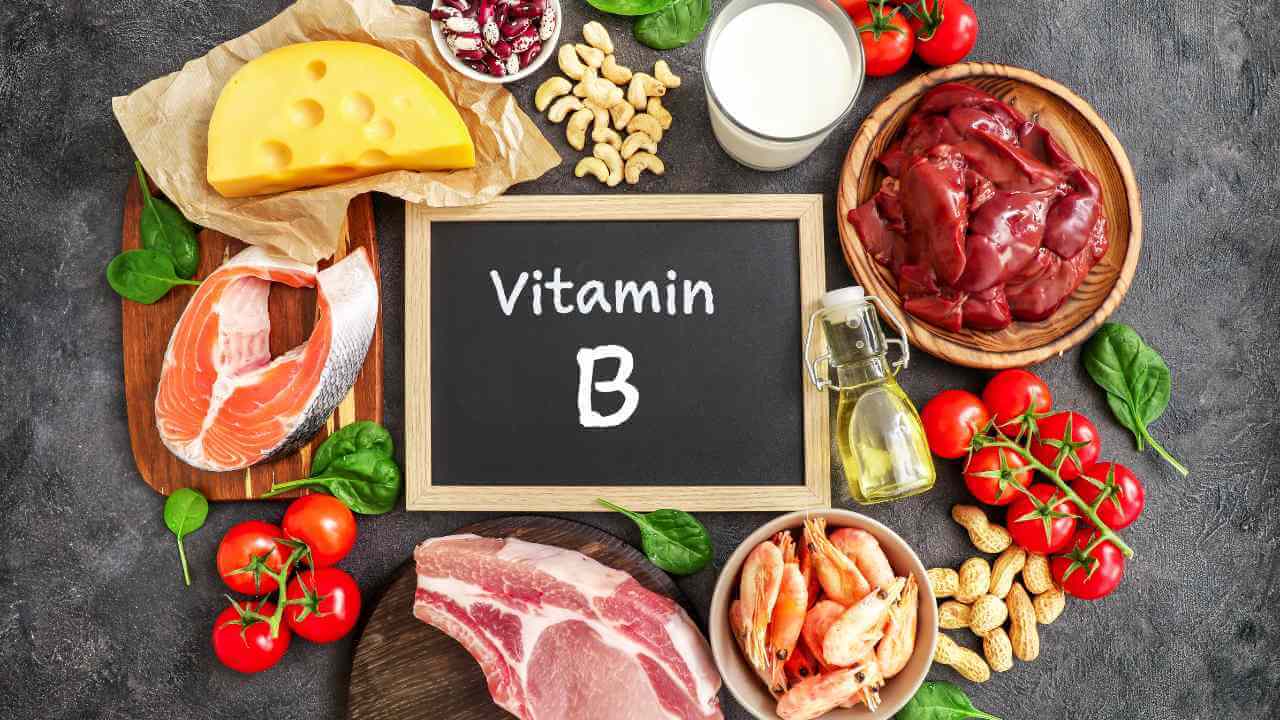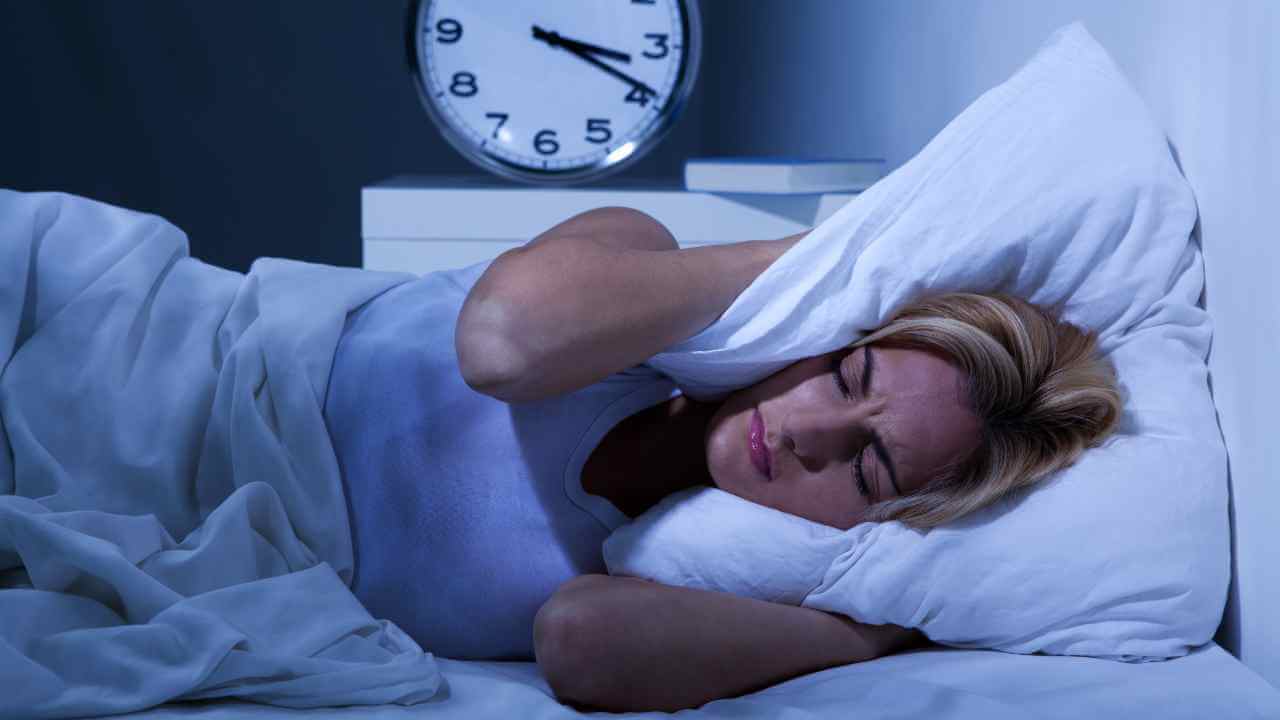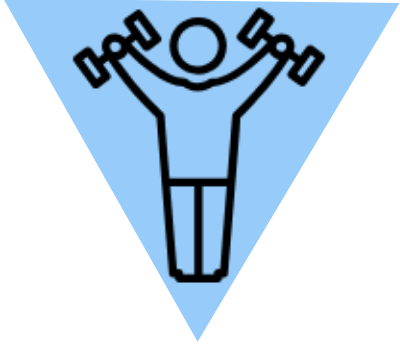Intermittent fasting is a famous diet that has been growing in popularity over the past few years.
It has times when you don't eat and times when you do.
There may be some good things about this method, but there are also some bad things that should be thought about.
Can Intermittent Fasting Cause Side Effects
One of the biggest worries about intermittent fasting is that it can be hard to do.
If you usually eat three meals a day, it can be hard to go 16 hours without eating.
There's also the chance that you'll eat too much when you do sit down to eat.
When you're hungry, it's hard to say no to temptation.
One more worry is that partial fasting can make you want to eat.
When you don't eat for a long time, your body can start to want foods that are high in calories and fat.
This can also make you eat too much and ruin your attempts to lose weight.
Irritability
People often say that they feel "hangry" when they are fasting. Or, to put it another way, they are angry because they are hungry.
Why does this keep happening?
There are several ideas.
One theory is that our blood sugar levels drop when we fast.

This can make you feel irritable and tired, which can make you want to eat sweet or high-carbohydrate foods.
Another idea is that our bodies make more of a hormone called Ghrelin when we are hungry.
Ghrelin tells the brain that we need to eat by sending a message from the stomach to the brain.
Higher amounts of the hormone ghrelin have been linked to irritability and restlessness. (1).
No matter why, feeling "hangry" is a drawback of intermittent fasting.
There are a few things you can do to help with this side effect if you are having trouble with it.
Make sure you drink a lot of water and stay well-hydrated.

Intermittent Fasting and working out
This sends the signal to the brain that the stomach is full which lowers appetite and reduces hunger (2).
Make sure that every meal you eat has protein, good fats, and fibre.
These foods take longer to digest than most others, which helps keep you from getting hungry.
And if nothing else works, know that this is only temporary.
Once you break your fast, your hunger and anger will quickly go away.
Low blood sugar
Low blood sugar is another thing that could happen as a result of irregular fasting.
When you don't eat, your body has to use saved glycogen to make energy.
Glycogen is a chemical compound made up of glucose molecules and water that are stuck together.

Glucose
The liver and muscles store it.
During a fast, your glucose stores can run out, which can cause your blood sugar to drop. (3).
This can lead to dizziness, lightheadedness, headaches, and tiredness. (4).
If you are fasting and have any of these signs, you should eat meals with lean meat, fish, and vegetables to keep your blood sugar levels steady.
You could also try to fast for less time until your body gets used to this new routine.
Another thing you can do is see if these signs happen at the same time every day.
If you wake up dizzy or with a headache, it might not be the best idea to skip breakfast.
But if you are cranky and tired in the evening, eating a healthy meal at that time might help.
So, don't eat anything two hours before sleep.
If you go to bed with a full stomach, you may have indigestion or heartburn, which can keep you from sleeping well (5).
This could be why you wake up feeling tired.
With a little planning and preparation, you can reduce the risk of low blood sugar and get all the benefits of partial fasting.
Feeling tired and worn out
Feeling really tired is another thing that can happen when you do intermittent fasting.
This happens when your blood sugar is low and you eat the "wrong" things.
The wrong foods are those that are made and broken down quickly.
These give a fast, sharp rise in blood sugar and hence energy.
Make sure you eat a lot of foods that are high in B vitamins to help with the tiredness.

Vitamin B
These vitamins are very important because they help turn food into energy.
Eggs, dairy, fortified cereals, and nutritional yeast are good sources, as are leafy veggies like cabbage and spinach, organ meats, seafood, and beans. (6).
Constipation
Constipation can also be caused by fasting on and off. (7).
This is because fasting can slow down digestion, which can cause hard, hard-to-pass stools.
When you eat three times a day, each meal helps move the next one through your digestive system.
Think of it like a moving belt.
If you only eat one or two meals a day, the food moves through your gut more slowly.
Also, when you do eat, you may be more likely to eat too much, which can make you even less likely to go to the toilet.
To prevent this problem, you should drink a lot of water to soften your stools and move food through your digestive system.
Foods with a lot of fiber, like leafy green veggies, also help keep things moving through the gut. (8).

If you don't like green veggies, you can also eat foods that are high in water, like watermelon, cucumber, celery, and tomatoes.
Nausea
Some people may have stomach problems like constipation, while others may feel sick.
When you haven't eaten in a while and are hungry, your stomach acid can build up because there is nothing to break it down.
This can make you feel sick to your stomach.
Another explanation for feeling nausea when intermittent fasting, is dehydration (9).

dehydration
Even when you're fasting, it's important to drink a lot of water.
Water is important for every part of our bodies to work right. (10).
If you feel lightheaded, tired, or dizzy when you're sick, a glass of water might be all you need to feel better.
It makes it hard to sleep.
Intermittent fasting could also be bad because it can throw off the body's normal circadian rhythm.
The circadian rhythm is an internal 24-hour clock that controls many important processes, such as sleep, hormone release, and metabolism. (11).
When the body's circadian cycle is out of sync, intermittent fasting can help to get it back on track. (12).
But if it is used too much or in the wrong way, it can have the opposite effect and mess up the normal sleep-wake cycle of the body.
This is especially true when dinner is eaten at night.
Melatonin, the hormone that makes you sleepy, is made when it gets dark.

sleepy
This tells the liver (13) and the digestive system to slow down. (14).
So, if you eat a big meal in the evening, especially in the winter when it gets dark earlier, it won't be digested well.
This can make you feel sick, which will keep you from sleeping. (15).
Intermittent eating has a few possible downsides, but they are easy to get around.
When you change what or how you eat, your body needs time to get used to it.
But once it gets used to it, you can enjoy the many benefits of irregular fasting.
If you run into trouble with this way of eating, there is a lot of help online, or you can talk to a doctor for some advice.
Lastly, it's important to keep in mind that intermittent fasting isn't a miracle cure.
To do this, you have to choose healthy foods and remember why you started in the first place.
References
Mood disorders: A potential link between ghrelin and leptin on human body? ">https://www.ncbi.nlm.nih.gov/pmc/articles/PMC4436933/
Effect of excessive water intake on body weight, body mass index, body fat, and appetite of overweight female participants "https://www.ncbi.nlm.nih.gov/pmc/articles/PMC4121911/
Hypoglycemia: https://www.ncbi.nlm.nih.gov/books/NBK534841/
Low blood sugar (hypoglycaemia) https://www.nhs.uk/conditions/low-blood-sugar-hypoglycaemia/
Is Late-Night Snacking Really So Wrong? https://www.self.com/story/eating-before-bed-sleep-digestion-weight
B vitamins and folic acid https://www.nhs.uk/conditions/vitamins-and-minerals/vitamin-b/
Health Effects of Alternate-Day Fasting in Adults: A Systematic Review and Meta-Analysis https://www.ncbi.nlm.nih.gov/pmc/articles/PMC7732631/
Concerned About Constipation? https://www.nia.nih.gov/health/concerned-about-constipation
Does Hunger Cause Nausea? https://www.healthline.com/health/nausea-when-hungry
7 Health Benefits of Water Backed by Scientific Research https://www.everydayhealth.com/water-health/water-body-health.aspx
Effects of Intermittent Fasting on the Circulating Levels and Circadian Rhythms of Hormones https://www.ncbi.nlm.nih.gov/pmc/articles/PMC8419605/#!po=79.5455
Resetting your circadian clock to minimize jet lag https://www.health.harvard.edu/blog/resetting-your-circadian-clock-to-minimize-jet-lag-2016090810279
Intermittent Fasting: Pros and Cons According to NUNM https://nunm.edu/2019/02/intermittent-fasting/#fn5
Aspects of sleep effects on the digestive tract https://pubmed.ncbi.nlm.nih.gov/12184167/
Relationships among dietary nutrients and subjective sleep, objective sleep, and napping in women https://www.ncbi.nlm.nih.gov/pmc/articles/PMC2819566/
